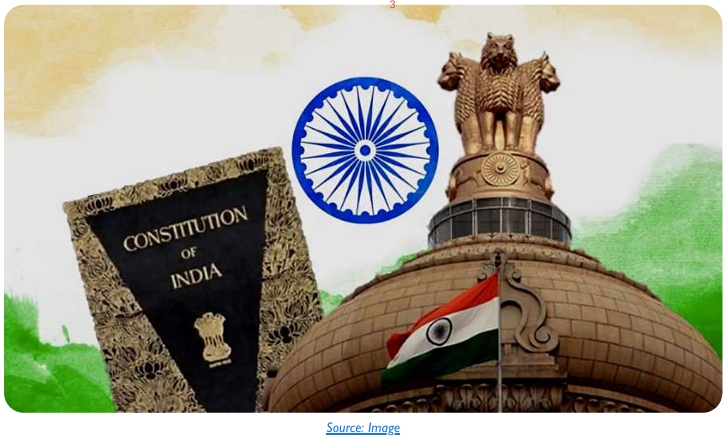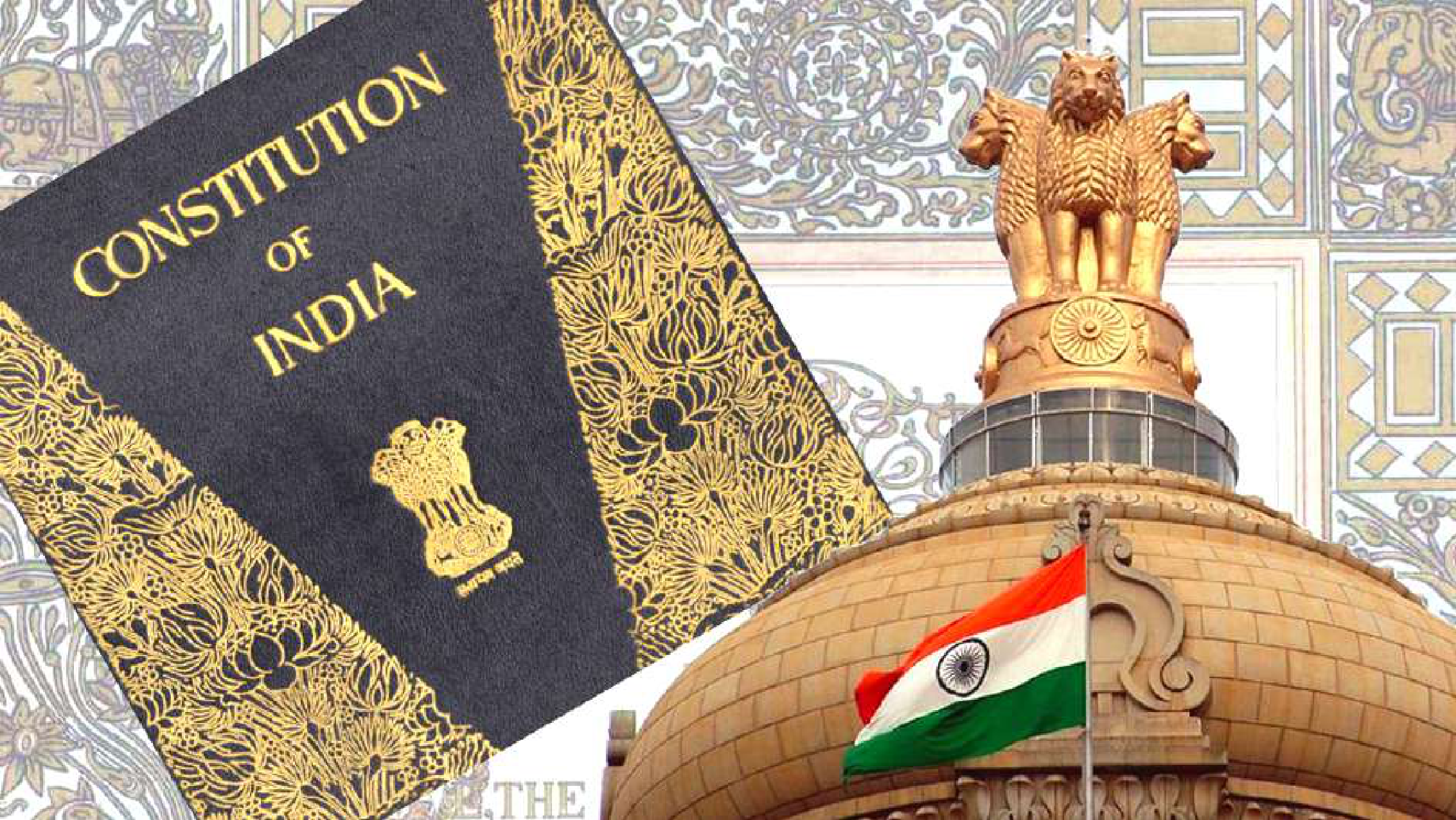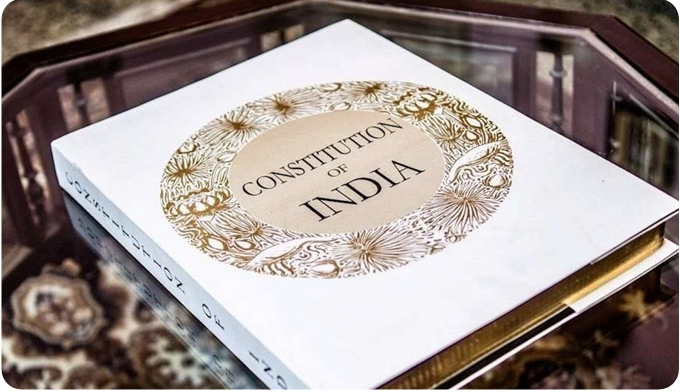We begin by listing major amendments which enhanced the scope and application of the Values enshrined in the Preamble of the Constitution – Sovereignty of the People, Secularism, Socialism, Democracy, Justice, Liberty, Equality and Fraternity:
Amendments Expanding Voting Rights for Elections
The Constitution (Sixty First Amendment) Act, 1989
Reduced the age of voting rights for all elections in the country from 21 years to 18 years.
Amendments Expanding Democratic Local Governance
The Constitution (Seventy Third Amendment) Act, 1992
Provided statutory provisions which gave constitutional status to Panchayati Raj Institution as the third level of administration in villages, thereby strengthening local governance.
The Constitution (Seventy Fourth Amendment) Act, 1992
Gave constitutional recognition to municipal governments, making them the third level of administration for urban areas, such as towns and cities. This was done to strengthen urban local governance by enabling elected municipal representatives to have a decisive role in planning, provisioning and delivery of services in urban areas.
Amendments Making Education a Fundamental Right

The Constitution (Eighty Sixth Amendment) Act, 2002
- Provided for the right to free and compulsory education of children between the ages of six to fourteen years as a fundamental right.
- Provided that the state would endeavour to provide early childhood care and education to all children until the age of six years
Amendments for Social and Economic Justice
The Constitution (First Amendment) Act, 1951
- Broadened the scope of permissible restrictions to the freedom of speech to include matters related to public order, security of the state, and relations with foreign countries.
- Provided the government with the authority to impose reasonable restrictions on the right to property to enable land reform, acquisition of property for public welfare and abolish the zamindari system.
- Provided special provisions for the advancement of Scheduled Castes and Scheduled Tribes allowing the government to make reservations for these communities in educational institutions and public employment. It also directed states to promote the educational and economic interests of these communities.
The Constitution (Eighth Amendment) Act, 1959
Extended the period of reservation of seats for Scheduled Castes and Scheduled Tribes as well as the Anglo-Indian community in the Lok Sabha and the State Legislative Assemblies till 1970.
The Constitution (Twenty Sixth Amendment) Act, 1971
Abolished the privy purse paid to former rulers of erstwhile princely states which were incorporated into the republic of India at independence.
Constitution (Sixty Fifth Amendment) Act, 1990
Provided for the establishment of the National Commission of Scheduled Castes and Scheduled Tribes and specified its statutory powers in the Constitution.
The Constitution (Ninety Third Amendment) Act, 2006
Enabled the provision of 27 percent reservation for Other Backward Classes (OBCs) in government and private educational institutions except minority institutions.
The Constitution (One Hundred and Second Amendment) Act, 2018
Granted Constitutional Status to the National Commission for Backward Classes (NCBC).
The Constitution (One Hundred and Sixth Amendment) Act, 2023
Reserved 33 percent of the seats for women in the directly elected seats of the Lok Sabha, State Legislative Assemblies and the Delhi Legislative Assembly. It included 33 percent reservation in seats reserved for scheduled castes and scheduled tribes for women from these communities.
The Constitution (One Hundred and Third Amendment) Act, 2019
Introduced a maximum of 10 percent reservation for Economically Weaker Sections (EWSs) of society, other than the socially and educationally backward classes, scheduled castes and scheduled tribes, for admission to central government educational institutions and private educational institutions (except minority institutions), and for employment in central government jobs. Reservations in state government educational institutions and state government jobs was not made mandatory. However, some states have chosen to implement this reservation. This amendment pushed the total reservation in central government institutions beyond 50 percent to 59.50 percent.

Amendments Concerning Federalism
The Constitution (Seventh Amendment) Act, 1956
Facilitated the reorganization of states on linguistic lines by enabling the enactment of the States Reorganisation Act of 1956. This act was a major step towards dividing India into states and union territories which divided the country into 14 states and 6 union territories.
Amendments Concerning Financial Arrangements
The Constitution (Eightieth Amendment) Act, 2000
Altered the revenue-sharing scheme between the centre and the states in accordance with the recommendations of the Tenth Finance Commission. The new scheme fixed the state’s share in the total income obtained from certain central taxes and duties at 29 percent.
The Constitution (One Hundred and First Amendment) Act, 2016
Introduced the national Goods and Services Tax (GST) in India, which is a comprehensive, multi-stage, destination-based tax that is levied on every value addition on the supply of goods and services in the country. The GST replaced the earlier Value Added Tax (VAT), along with other indirect taxes such as excise duty, services tax etc. and is now the single domestic indirect tax law for the entire country.
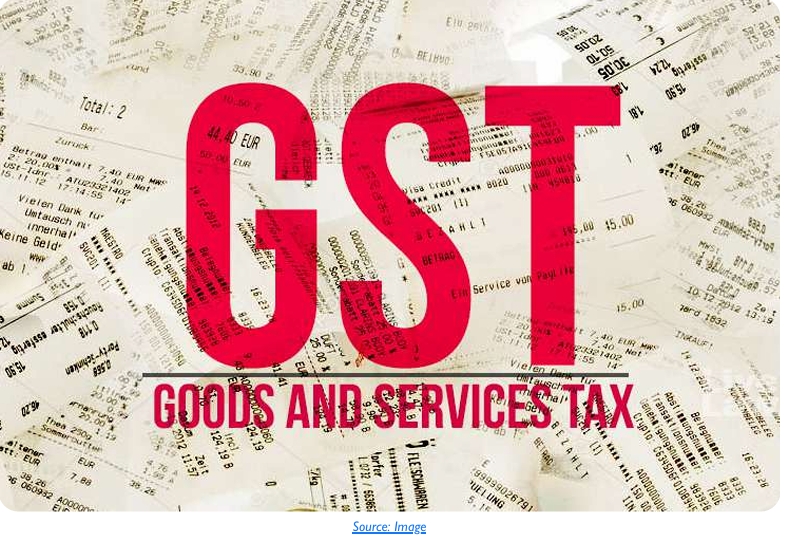
Amendments Concerning Judicial Reform
The Constitution (Nineteenth Amendment) Act, 1966
By abolishing election tribunals, it removed the power of election tribunals to adjudicate on any doubts and disputes in connection with elections to the Parliament and the state legislatures and enabled the trial of election petitions by high courts.
The Constitution (Forty Third Amendment) Act, 1977
Repealed some of the provisions that had been inserted by the 42nd amendment which:
- Restored the jurisdiction of the Supreme Court and the high courts in respect of judicial review and issue of writs.
- Deprived the Parliament of its special powers to make laws on matters concerning ‘anti-national activities’ and ‘anti-national associations’.
Amendments Concerning Parliamentary Reform
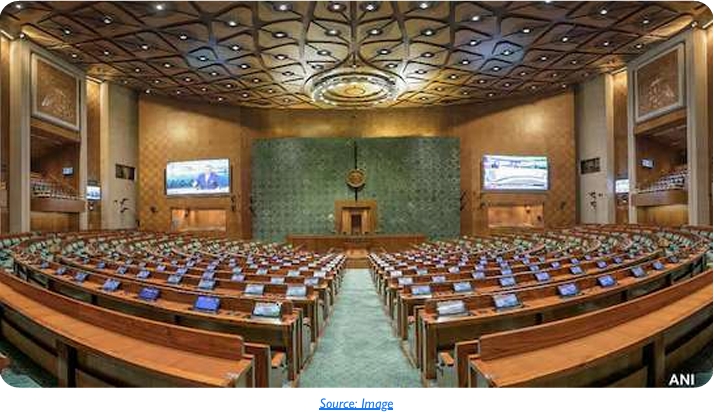
The Constitution (Twenty Fourth Amendment) Act, 1971
- Made it explicit that the parliament had the power to amend any provision of the constitution including fundamental rights
- Made it obligatory for the President to give assent to any constitutional amendment bill presented to the President
The Constitution (Thirty Third Amendment) Act, 1974
Prescribed the procedure for resignation by members of parliament and state legislatures as well as the procedure for verification and acceptance of resignation by the house speakers.
The Constitution (Fifty Second Amendment) Act, 1985
Introduced the anti-defection law which limited the ability of politicians to switch parties by providing for the disqualification of members from parliament and state legislatures in case of defection from one political party to another. This amendment led to the recognition of the new term ‘political party’ in the Constitution.
Not all the amendments of the Constitution can be said to have promoted the values enshrined in the Preamble. Indeed, some have curtailed or diluted these. Here are some such amendments:
Amendments Undermining Democratic Values

The Constitution (Forty Second Amendment) Act, 1976
Known as the mini constitution, it made significant changes to the Constitution, including some which were considered controversial. Some of the key changes were as follows:
- Added the words ‘socialist’, ‘secular’ and ‘unity and integrity of the nation’ to the preamble.
- Added Fundamental Duties of Indian citizens to the Constitution to promote a sense of civic responsibility.
- Education, Forests, Protection of wild animals and birds, and Administration of justice, constitution, and organization of all courts except the Supreme Court and the High Courts were all moved from the State list to the Concurrent list.
- Promoting equal justice and providing free legal aid to the poor, taking steps to secure participation of workers in management of industries, and protection and improvement of the environment were added to the Directive Principles of State Policy.
- Conferred on the parliament the power to make laws on matters concerning ‘anti-national activities’ and ‘anti-national associations.
- Added provisions to allow the Centre to deploy central forces in the state to deal with law-and-order situations.
- Extended the duration of the President’s rule in a State from six months to one year.
- Power of the Supreme Court and High Courts for Judicial Review and issue of writs was curtailed.
- Prevented the judicial review of constitutional amendments.
- Introduced necessary provisions to allow the suspension of fundamental rights during emergency and gave emergency laws legal immunity.
Amendments Restoring Democratic Values
The Constitution (Forty Fourth Amendment) Act, 1978
Nullified various provisions that were brought into the Constitution by the 42nd Amendment Act. It included the following:
- Allowed for changes to the basic structure of the constitution only through a majority of votes at a referendum in which at least 51 percent of the electorate participated.
- Reversed the provision made by the 42nd amendmentthat prevented judicial review of constitutional amendments.
- Right to Property was moved from the list of fundamental rights and made into a legal right.
- Provided that emergency could only be declared when the security of India or any part of its territory was threatened by war, external aggression or armed rebellion. Internal disturbance, not amounting to armed rebellion, could not be a ground for the declaration of emergency. It also provided that such a declaration could only be made on the basis of written advice tendered to the President by the Cabinet.
- Provided that the law for preventive detention cannot authorise detention for a period of more than three months, unless an Advisory Board has made such a recommendation.
- Provided the media the right to report freely and without censorship the proceedings in Parliament and the State Legislatures.
Amendments Providing Restrictions on Liberty
The Constitution (Sixteenth Amendment) Act, 1963
- Inserted the phrase ‘sovereignty and integrity of India’ in various clauses, allowing the government to impose reasonable restrictions on freedom of speech and expression, peaceful assembly, and forming associations in the interest of sovereignty and integrity of the nation.
- Included the same phrase in the oaths for legislators, ministers, judges, and the Comptroller and Auditor General (CAG).
Amendments Limiting Fundamental Rights
The Constitution (Twenty Fifth Amendment) Act, 1971
- Curtailed the right to property to permit the acquisition of private property by the government for public use, on the payment of compensation which would be determined by the Parliament and not the courts.
- Exempted all laws in relation to Directive Principles of State Policy from judicial review, even if the laws violated Fundamental Rights.

